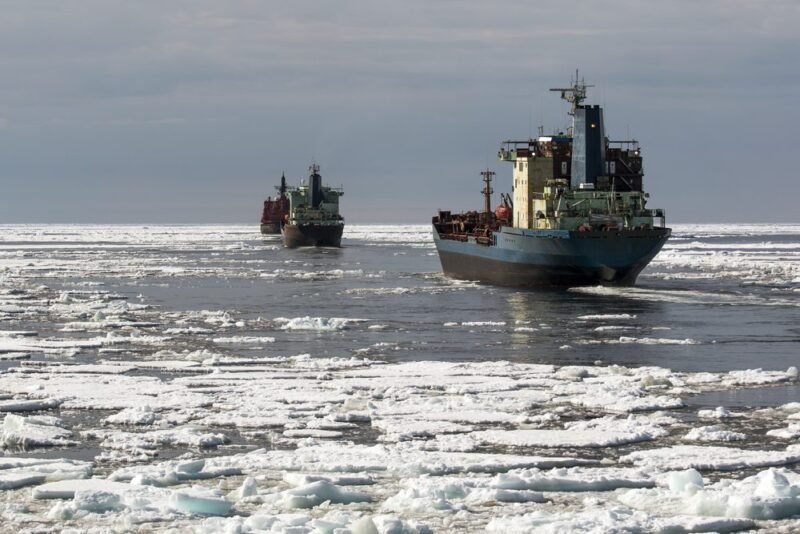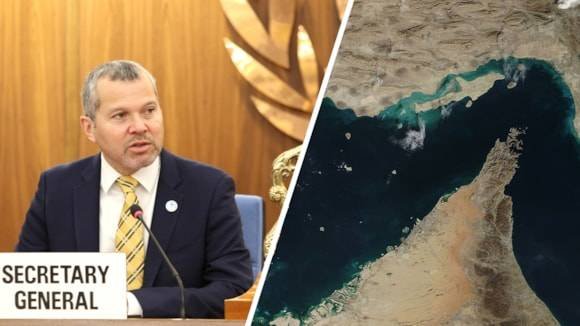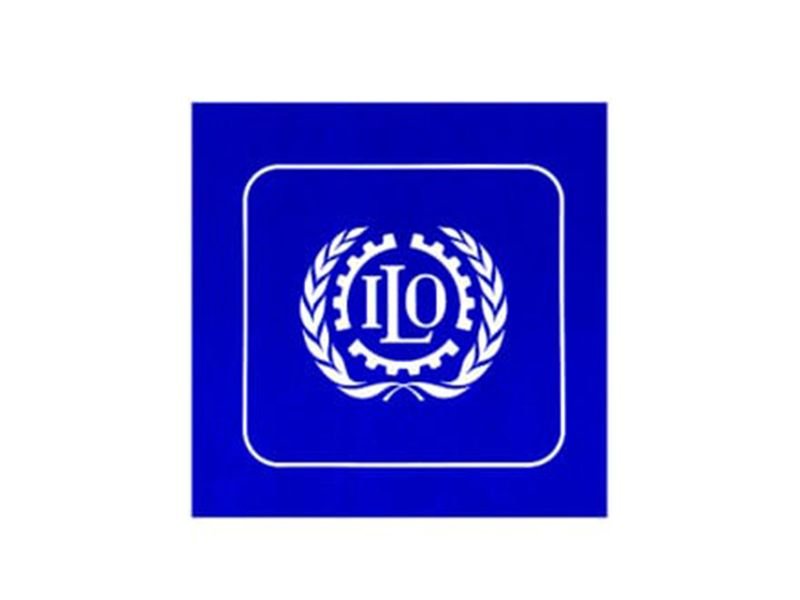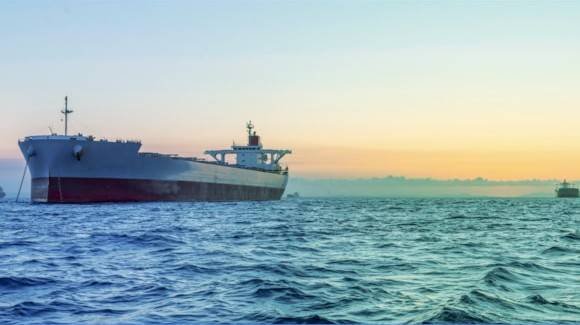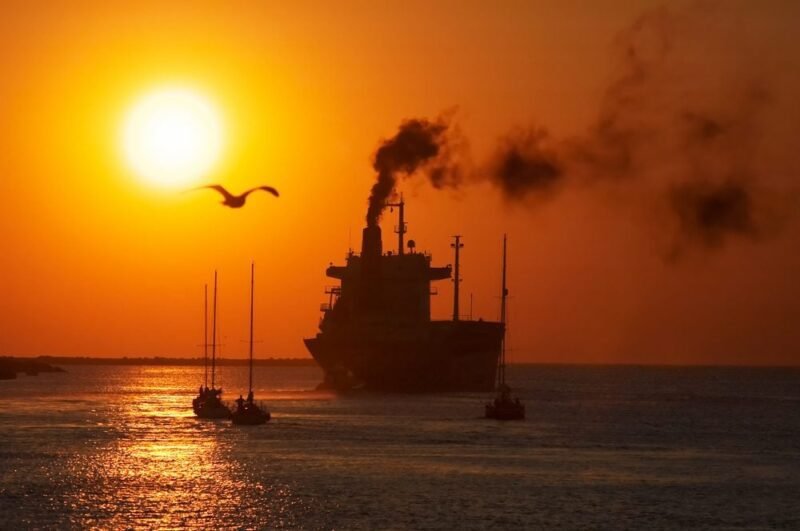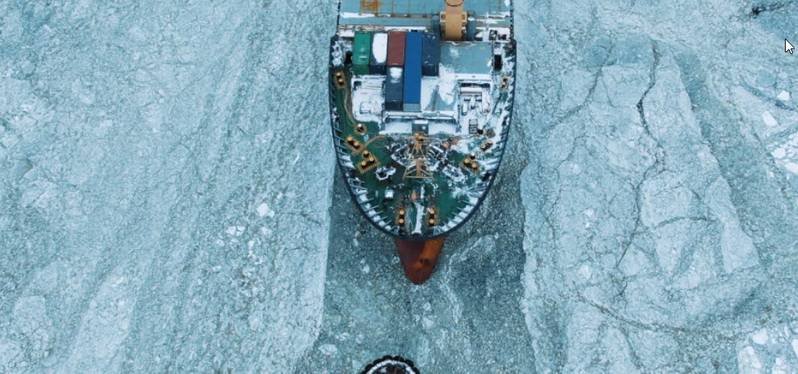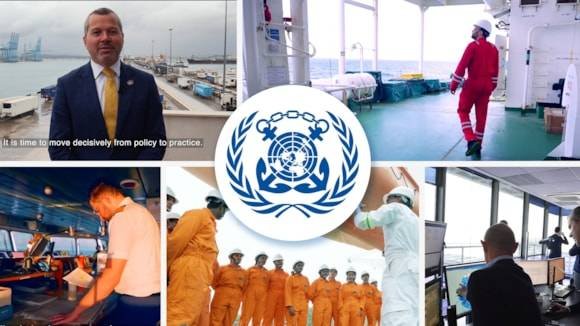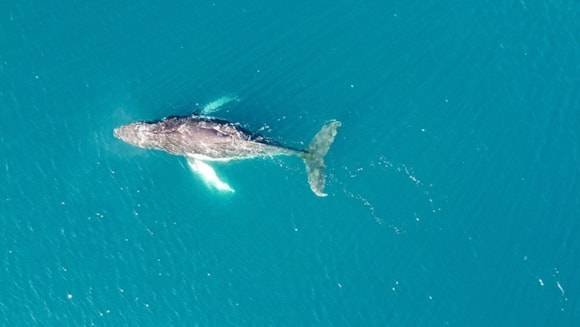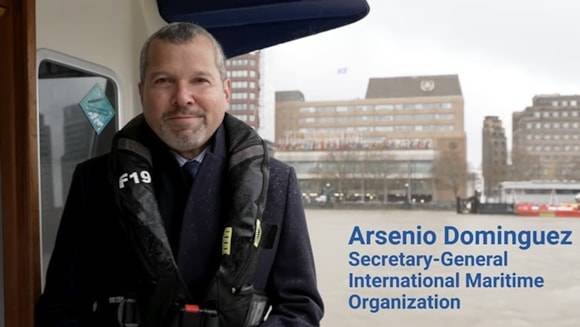Ships transiting Arctic waters are now prohibited from using or transporting heavy bunker oil, as a United Nations regulation went into effect on July 1. The ban aims to prevent spills of heavy fuel oil (HFO) which could have devastating effects on the Arctic environment and species. However, environmental groups argue that the ban does not go far enough geographically or in addressing the impact of ships’ soot emissions on ice melting caused by climate change.
While the ban officially begins on July 1, it will not come into full force until 2029, allowing for exemptions to be phased out. Some Arctic coastal countries, such as Canada, have already indicated their intent to take faster action by granting exemptions to domestic vessels involved in supplying food and fuel to Arctic communities. However, it remains unclear when Russia, responsible for over half of the Arctic coastline, will implement the ban due to the need for changes to a law of the sea convention on marine pollution.
The regulation will result in a ban on nearly a third of the heavy fuel oil transported and 16 percent used in Arctic waters starting in 2024. Ships built since 2017 with protected fuel tanks are granted a temporary exemption, while Arctic coastal states can provide exemptions to ships operating under their flag until 2029. The enforcement of the ban may be complicated by delays in Russia’s implementation, as well as compliance issues with Western sanctions affecting the shipping industry.


